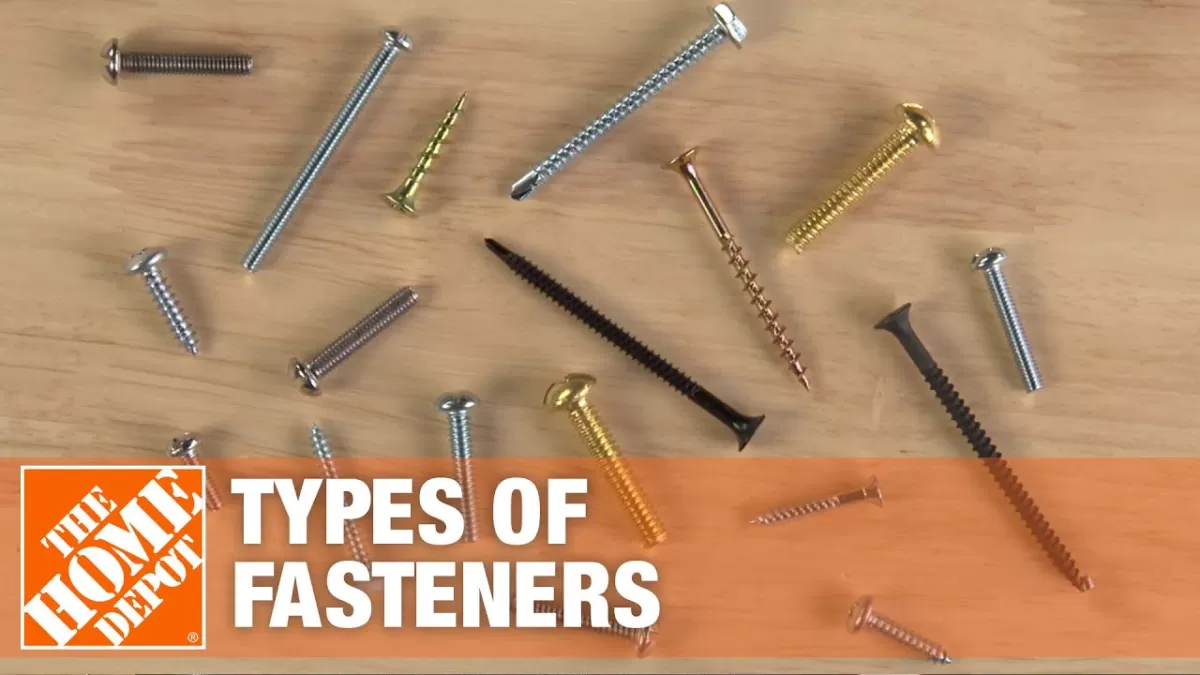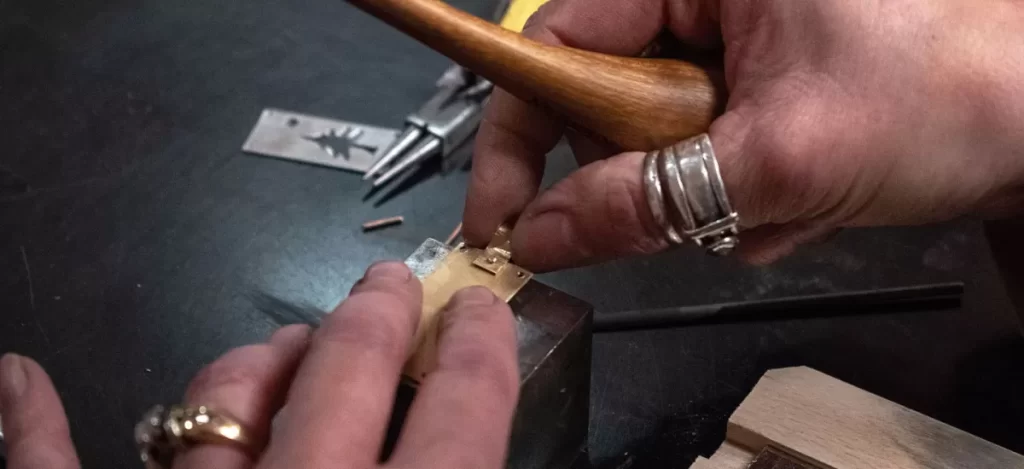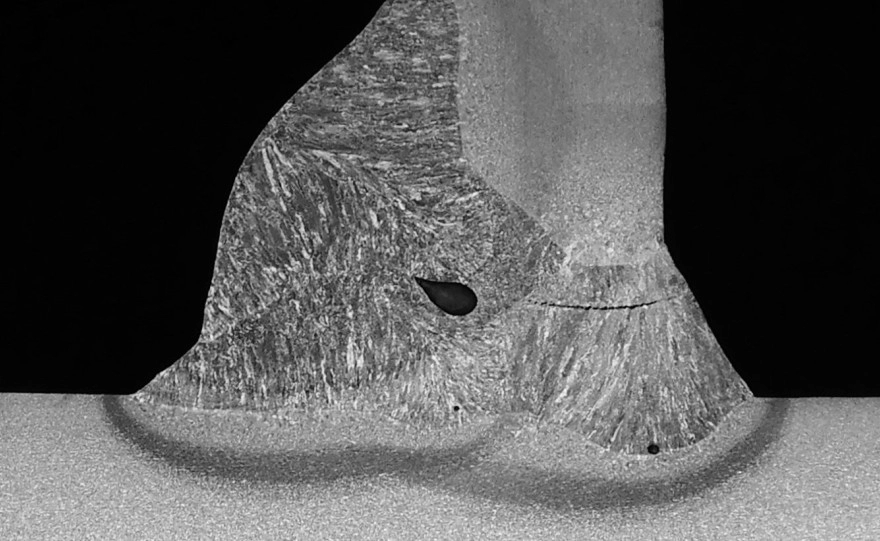Common Types of Washers and Their Applications
When choosing washers for your project, understanding the different types and their purposes can save time and improve results. Here’s a quick look at the most common washers and where they fit best.
Flat Washers Plain Washers and Uses
- Flat washers are simple rings of metal or plastic placed between a fastener and the surface.
- They distribute load evenly to prevent damage to the material or fastener.
- Common in general-purpose applications such as machinery, electronics, and household assembly.
Spring Washers and Their Use Cases
- Also called lock spring washers, these provide tension to prevent loosening from vibration or movement.
- Ideal for automotive, aerospace, and heavy machinery where vibration is frequent.
- Common types include split washers and wave washers.
Lock Washers Purpose and Examples
- Lock washers work to secure fasteners firmly by creating friction and additional grip.
- Popular types include tooth lock washers and external/internal toothed washers.
- Widely used in electrical equipment, structural assemblies, and any place where fastener slippage is a concern.
Specialty Washers and Unique Applications
- Specialty washers cover a range of designs, such as sealing washers, insulating washers, and shoulder washers.
- Used in applications requiring sealing against fluids, electrical insulation, or precise positioning.
- Examples include rubber washers in plumbing and nylon washers in electronics.
Knowing these types helps you pick the right washer to keep your fasteners secure and your project functioning smoothly.
Materials Used in Washers

Washers come in different materials, each suited to specific needs and environments. Knowing the options helps you pick the right one for your project.
Metal Washers and Benefits
Metal washers are the most common and include types like stainless steel, carbon steel, and aluminum. They offer:
- Strength and durability for heavy-duty applications
- Resistance to corrosion, especially stainless steel, great for outdoor or wet conditions
- Good load distribution to protect surfaces from damage
- High temperature tolerance, fitting for automotive or industrial uses
Metal washers also match well with metal fasteners, ensuring solid connections and long-lasting performance.
Non-Metal Washers and Benefits
Non-metal washers are made from materials like nylon, rubber, or plastic. Their advantages include:
- Vibration dampening, ideal for electronics or machinery with moving parts
- Electrical insulation, which prevents shorts in electrical setups
- Corrosion resistance, as they won’t rust even in harsh conditions
- Lightweight and flexible, making them perfect for delicate applications
These washers work well where you need to absorb shock or avoid metal-to-metal contact.
Choosing the Right Material for Your Application
When deciding on washer materials, consider:
- Environment: Will the washer face moisture, chemicals, or extreme temperatures?
- Load requirements: How much pressure or force will it hold?
- Compatibility: Match the washer with the fastener for the best fit and function
- Special needs: Do you need electrical insulation or vibration control?
Getting the material right ensures your washers last longer and perform better, especially in CNC machining projects where precision and reliability matter.
How to Choose the Right Washer for Your CNC Project

Picking the right washer for your CNC project matters a lot to get the job done right. Here’s what I focus on when choosing washers:
Consider the Application Requirements
- Load and pressure: Does the washer need to spread out heavy loads or protect delicate surfaces?
- Vibration resistance: For machines or setups with vibration, spring or lock washers can keep things from loosening.
- Space limits: Make sure the washer size fits in the available space without interfering with other components.
Match Washer to Fastener Specifications
- Use washers designed for the exact bolt or screw size you’re working with. This ensures a tight, secure fit.
- Check the washer inner diameter and thickness to match fastener dimensions and prevent slippage or damage.
Environmental Factors to Account For
- If your parts face moisture, chemicals, or extreme temperatures, pick washer materials that can handle those conditions. Stainless steel washers, for example, resist rust and corrosion.
- For outdoor or marine CNC projects, materials that withstand harsh environments extend the life of your fasteners.
Precision Needs in CNC Machining
- CNC projects often call for washers made to tight tolerances for a perfect fit and consistent performance.
- Custom CNC washers can be machined precisely to spec, ensuring your fasteners don’t wobble or misalign during assembly.
Keeping these points in mind will help you pick washers that perform well with your CNC parts, giving you strong, reliable assemblies every time.
HYCNC’s Role in Providing Precision Washers
When it comes to precision washers, HYCNC stands out with its custom CNC machining solutions tailored for a variety of industries. We specialize in producing washers that meet exact tolerances and specifications, ensuring a perfect fit for your fasteners and applications.
Custom CNC Machining Solutions
At HYCNC, we use advanced CNC technology to manufacture washers in different sizes, shapes, and materials, including stainless steel and other metals. This means you get consistent quality and repeatability, essential for industries like aerospace, automotive, and electronics. Our process allows for intricate designs and tight dimensions that off-the-shelf washers often can’t match.
Reasons to Choose HYCNC
- Precision that fits your unique project needs
- Quick turnaround times with reliable delivery
- Expertise in multiple materials suited for your environment
- Ability to handle both small and large production runs
- Dedicated customer support for your specific washer requirements
Case Study on Custom Stainless Steel Washers
One recent project involved creating stainless steel washers designed for a high-vibration automotive application. Standard washers failed due to material fatigue and poor fit. Our team designed and machined custom washers with enhanced durability and exact dimensions. This improved the assembly’s stability and extended service life, proving the value of precision CNC machining.
With HYCNC, you’re not just getting washers—you’re getting dependable components crafted for your success.
Washer Standards and Specifications
When it comes to washers, following industry standards is key to ensuring quality and reliability. Two of the most recognized standards you’ll encounter in the U.S. and globally are ASME (American Society of Mechanical Engineers) and DIN (Deutsches Institut für Normung). These standards cover dimensions, materials, tolerances, and performance requirements for washers.
Why compliance matters:
- Consistency: Standardized washers guarantee a precise fit with fasteners, preventing failures in assembly.
- Safety: Meeting standards reduces the risk of mechanical failures that could lead to accidents.
- Interchangeability: Using washers that comply with ASME or DIN standards means you can easily source replacements or compatible parts without hassle.
- Reliability: Parts built to recognized standards perform consistently under specified conditions, whether it’s for vibration resistance, corrosion protection, or load distribution.
For CNC machining and custom washer manufacturing, adhering to these standards ensures that the parts will meet customer expectations and industry benchmarks. Whether you’re working on typical flat washers or specialty lock washers, keeping an eye on these standards helps maintain quality and long-term performance.
If you want to dive deeper into related precision components, check out our guides on types of bearings and types of pins to complement your understanding of mechanical fasteners.
FAQs
Difference Between Flat and Spring Washers
Flat washers are simple, thin discs that distribute load evenly and protect surfaces from damage. Spring washers, on the other hand, are designed to provide tension and resist loosening caused by vibrations or dynamic loads. If you need to keep a fastener tight under movement, spring washers are the better choice.
Best Materials for High Vibration
For high-vibration environments, stainless steel and hardened steel washers work best. They resist corrosion and maintain strength under stress. Sometimes, specialty vibration-dampening washers with rubber or composite materials are used to reduce noise and wear.
Precision Assurance in Manufacturing
Precision in washer manufacturing is crucial, especially for CNC projects. Accurate dimensions ensure proper fit and function. Trusted suppliers like HYCNC use advanced CNC machining to produce washers meeting tight tolerances, which minimizes assembly issues and improves performance.
Use with Non-Metallic Fasteners
Non-metallic fasteners like nylon bolts need washers that won’t cause wear or conduct electricity. Nylon, plastic, or rubber washers are ideal here because they prevent damage and help maintain insulation while providing adequate support.
Relevant Standards for CNC Washers
Washers made for CNC applications often follow industry standards such as ASME and DIN. These standards cover dimensions, materials, and performance, ensuring reliability and compatibility across different projects and industries in the U.S. market. Compliance helps deliver consistent quality and safety.




